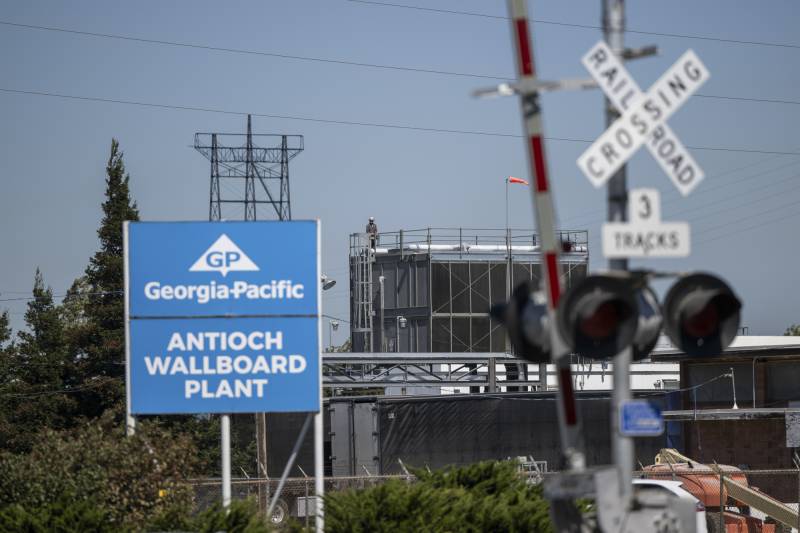During the walkout, Georgia-Pacific brought in dozens of workers from other locations to keep the Antioch plant operating. The company, which has more than 30,000 employees at 150 facilities, is owned by Koch Industries, one of the largest privately-held companies in the U.S. Koch has an estimated annual revenue of about $125 billion.
Many participants said they could no longer afford to remain on strike as the work stoppage dragged on. They also feared losing their jobs after company representatives suggested recently that it would start hiring replacements.
Employers may permanently replace workers during an economic work stoppage that seeks better pay or conditions, but not during a strike against alleged violations of workers’ rights to organize, known as unfair labor practices. However, labor law experts said that strikers must have preferential treatment to be rehired if there’s a job vacancy later on.
The deal with Georgia-Pacific includes wage increases of 6% in the first year and 3% each of the following three years, said Anthony Rives, a business agent with International Longshore & Warehouse Union Local 6. The company also agreed to give returning employees retroactive pay for hours worked since July 1, when their contract expired.
“We are pleased to have reached an agreement with our employees and are happy to have them back at work,” Nicole Linton, a Georgia-Pacific spokesperson, said in a statement. “Together, we remain focused as one team in safely providing quality products to our customers into the future.”
The company did not immediately respond to specific questions about the employees’ health and safety concerns. A previous statement from Linton said Georgia-Pacific “fully complies with all local, state, and federal laws and regulations.”
California’s workplace regulator confirmed Friday that it is investigating the Antioch facility after receiving a safety complaint. Cal/OSHA, which opened an inspection on Sept. 25, has six months from that date to issue citations if it finds violations.
In California, employers must monitor for airborne contaminants such as fiberglass and formaldehyde if it’s reasonable to suspect their employees may be unduly exposed. If the chemical concentrations are higher than permissible levels, businesses are required to take steps to reduce their workers’ exposure, preferably through methods such as local exhaust ventilation.
Federal records show Georgia-Pacific has been fined for dozens of safety violations in the last decade, including after the deaths of at least three employees on the job.
Between September 2014 and September 2024, penalties totaling nearly $567,000 were issued against the company, which agreed to pay $376,000 after settlements.

